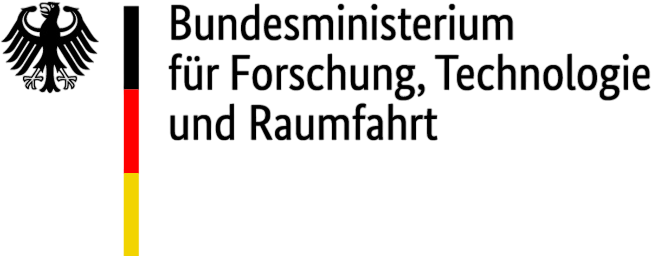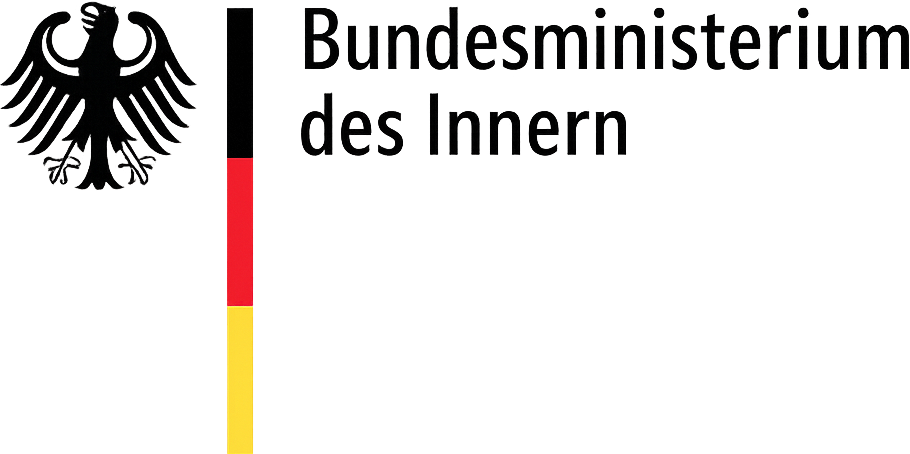Rechtsextreme und rassistische Einstellungen in Österreich (ReRaAut21)
Autor*innen Alexander Yendell Organisation/Institut Forschungsinstitut Gesellschaftlicher Zusammenhalt, Standort Leipzig Fachgebiet Soziologie Einsendeart Ersteinsendung des Projekts Projektstand Offen Forschungseinrichtung(en) Universitär Publikationsformate Sammelband Projektbeginn 01/04/2021 Projektende 30/09/2021 Drittmittelförderung Nein Mittelgeber / Zentraler Phänomenbezug Übergreifend: Radikalisierung – Extremismus und/oder Terrorismus Phänomenbereich Rechts Forschungsmethodik Quantitatives Forschungsdesign Inhaltlicher / Thematischer / Empirischer Zentralfokus (primär) Person Erhebungsverfahren Fragebogen Auswertungsverfahren Deskriptivanalyse, Bivariate […]
Rechtsextreme und rassistische Einstellungen in Österreich (ReRaAut21) Read More »



